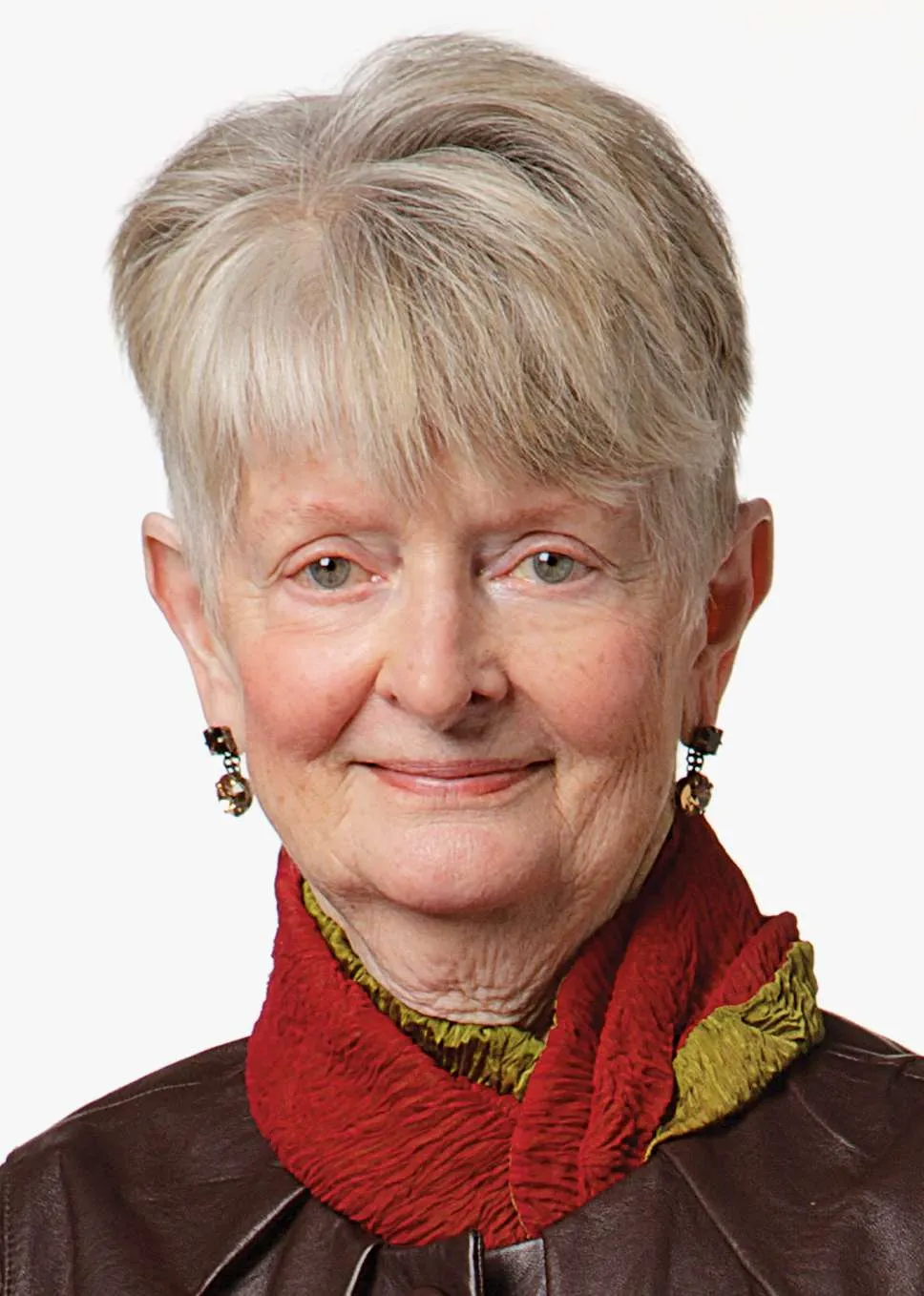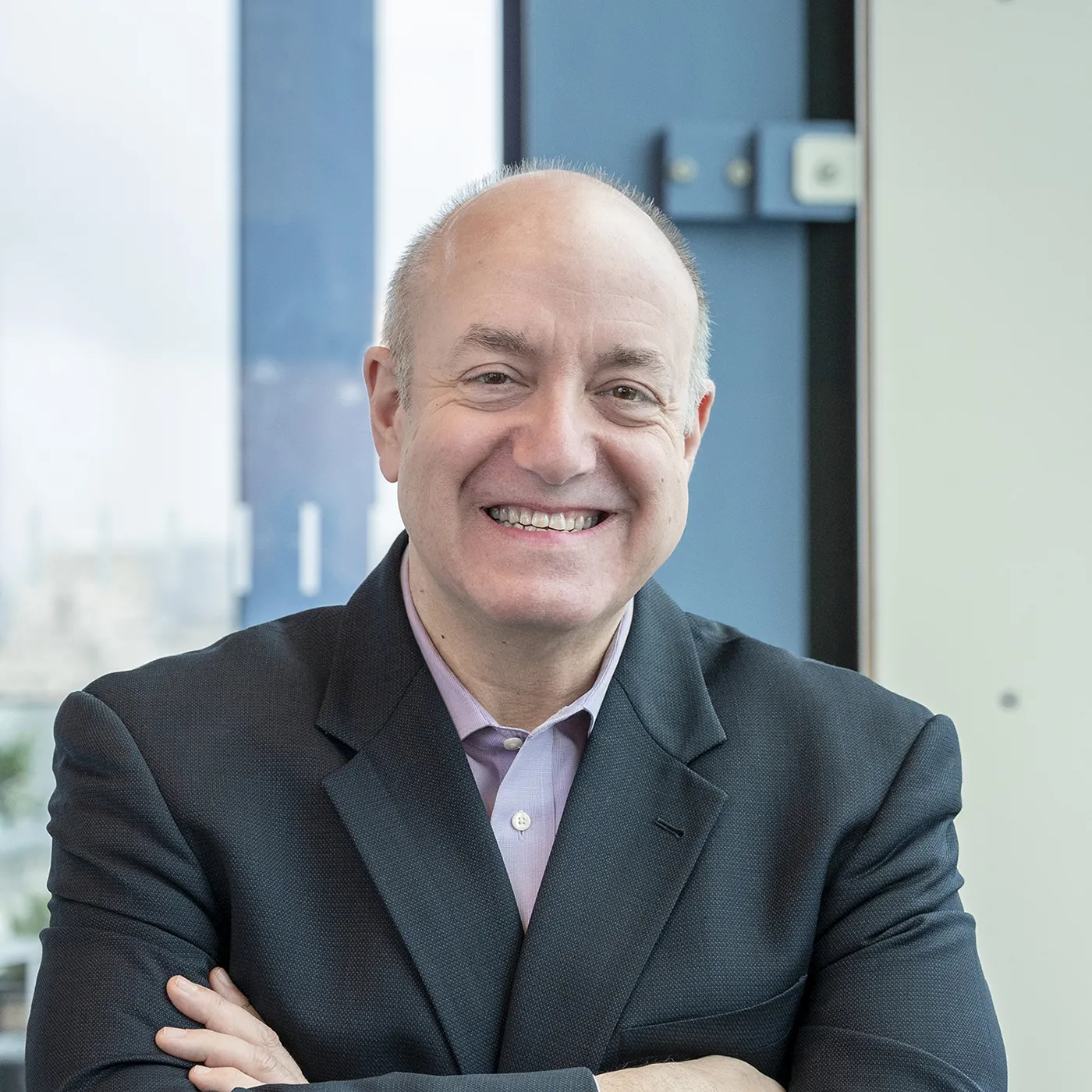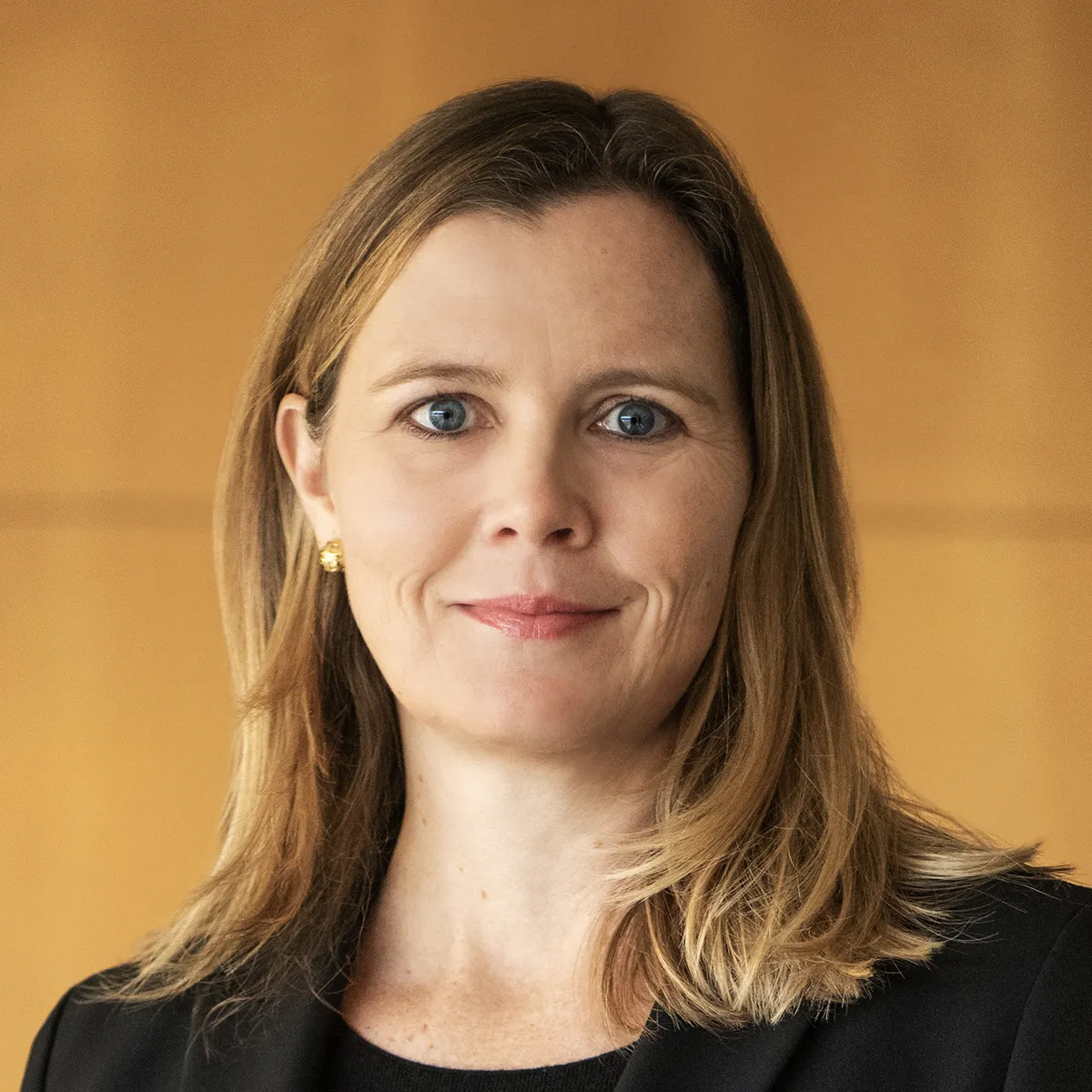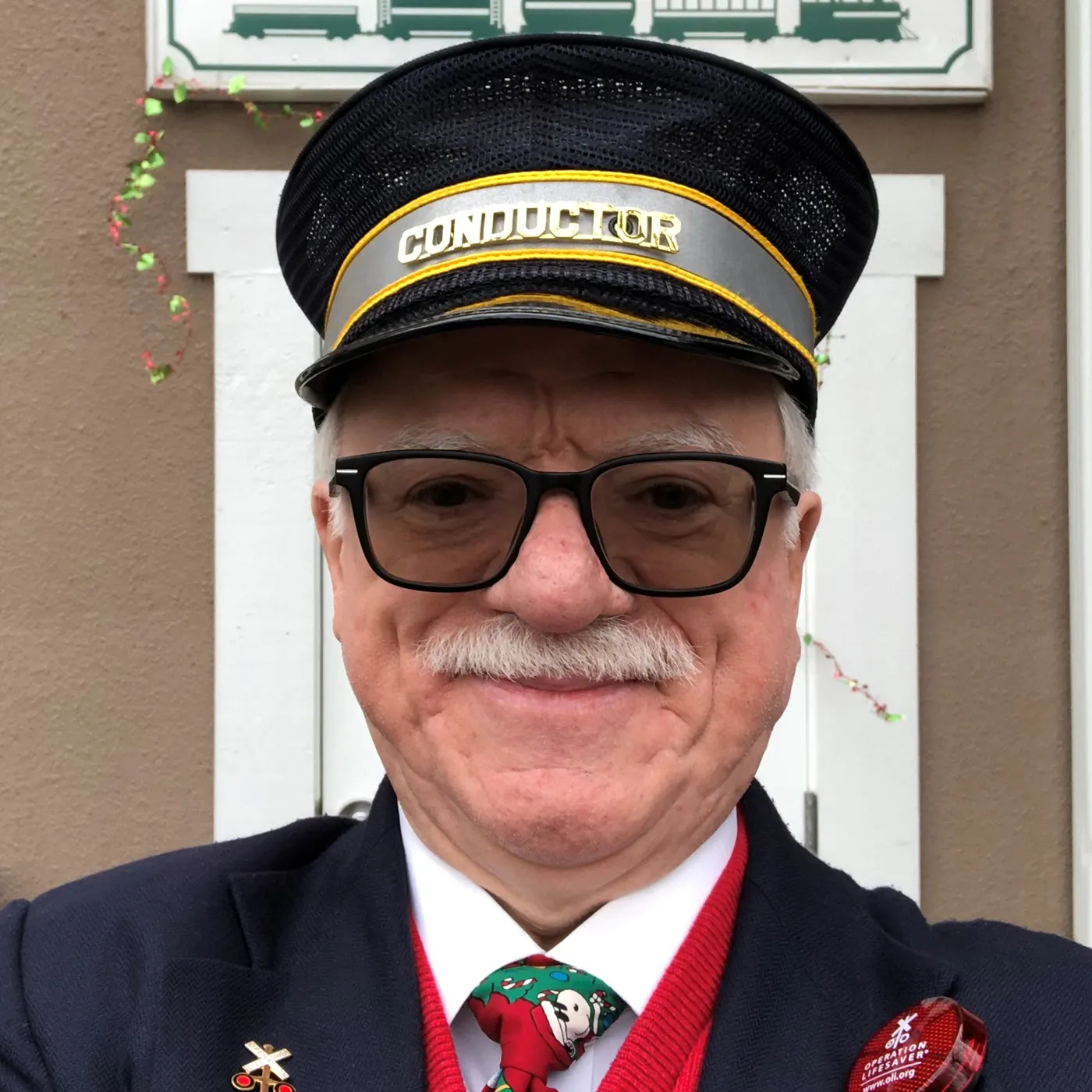Anne Kimball, '76: Breaking Barriers and Representing Industry

When Anne Kimball, ’76, told her father—himself a lawyer—that she wanted to go to law school, he wasn’t enthusiastic. “He told me that as a woman, I’d never get into a good law school, and if I did, I’d never get hired by a firm, and if I was hired, I’d never make partner,” she recalls.
He was wrong, wrong, and wrong—and if he had also forecast that she’d never have an extraordinary career that shaped large parts of the American business landscape, he would have been very wrong about that, too.
As a partner at the legacy firm Wildman, Harrold, Allen & Dixon, she has focused on complex litigation, particularly in the areas of class actions, emerging theories of liability, and industry-wide defense. Not long after she joined the firm, she began representing the gun maker Smith & Wesson against lawsuits filed under a number of different legal theories. Most commonly, those theories could be classified as “negligent marketing” or “negligent distribution.” “These weren’t product liability claims,” she says. “The product was not defective; it did what it was supposed to do. The usual contention was that firearm manufacturers had committed a tort simply by legally marketing, promoting, and advertising their products to the general public. The plaintiffs didn’t like guns, and they hadn’t been satisfied with outcomes from the legislative process, so they went to court.”
She won all of those cases, and in addition to serving as counsel to Smith & Wesson, she also acted as its public spokesperson for many years. During a particularly important 1999 trial, she served as the national spokesperson for the firearms industry in general, commenting almost daily on radio and television and in print media.
The brewing industry also turned to her to rebuff similar types of lawsuits, involving claims that the marketing of its products led to alcoholism, drunk driving, and underage drinking, among other things. She won case after case, usually having them dismissed before discovery. In none of these cases was any money paid to plaintiffs or an attorney. For 20 years, she was primary outside counsel to the Beer Institute, a Washington-based trade association, and she has worked closely with industry representatives to help develop effective public service advertisements, educational campaigns, and public statements.
“The firearms and brewing cases had the potential to damage two large industries, which were already highly regulated,” she observes, “and they also presented major constitutional issues regarding separation of powers and First Amendment rights. I think we won them for all the right reasons, and those reasons are important.”
Having been recognized consistently as one of the most effective and influential attorneys in the United States, she is a frequent mentor and advisor to young women leaders, and she serves on the Women’s Board of the University of Chicago. She’s vice chair of the board of trustees of the school in Brooklyn that she attended from pre-kindergarten through high school, Packer Collegiate Institute. At her firm, she was a longtime member of the management committee and she was the firm’s general counsel for five years.
She has also handled cases, often involving product liability, in a range of other industries, including pharmaceuticals, agricultural products, insurance, and medical products. “I’ve been pretty successful in a very broad range of settings, many of which were completely foreign to me at first. I attribute that in large part to qualities that were strongly reinforced by my education at the Law School, including a deep respect for facts, a lively curiosity, and a willingness to ask questions,” she says.
She has demonstrated her appreciation for her Law School education in many ways, including two terms on the Visiting Committee, service on Reunion Committees, and chairing the Annual Fund campaign. “The list of professors I have to thank for helping me succeed amounts to a Who’s Who of legal giants—Bernie Meltzer, Walter Blum, David Currie, Richard Epstein, William Landes, and so many more,” she says. “I’m grateful to them every day, and I think that I can honor all that they did for me by being the best advocate I can be, and by giving back to the school that enabled me to learn from them.”


